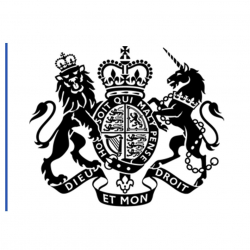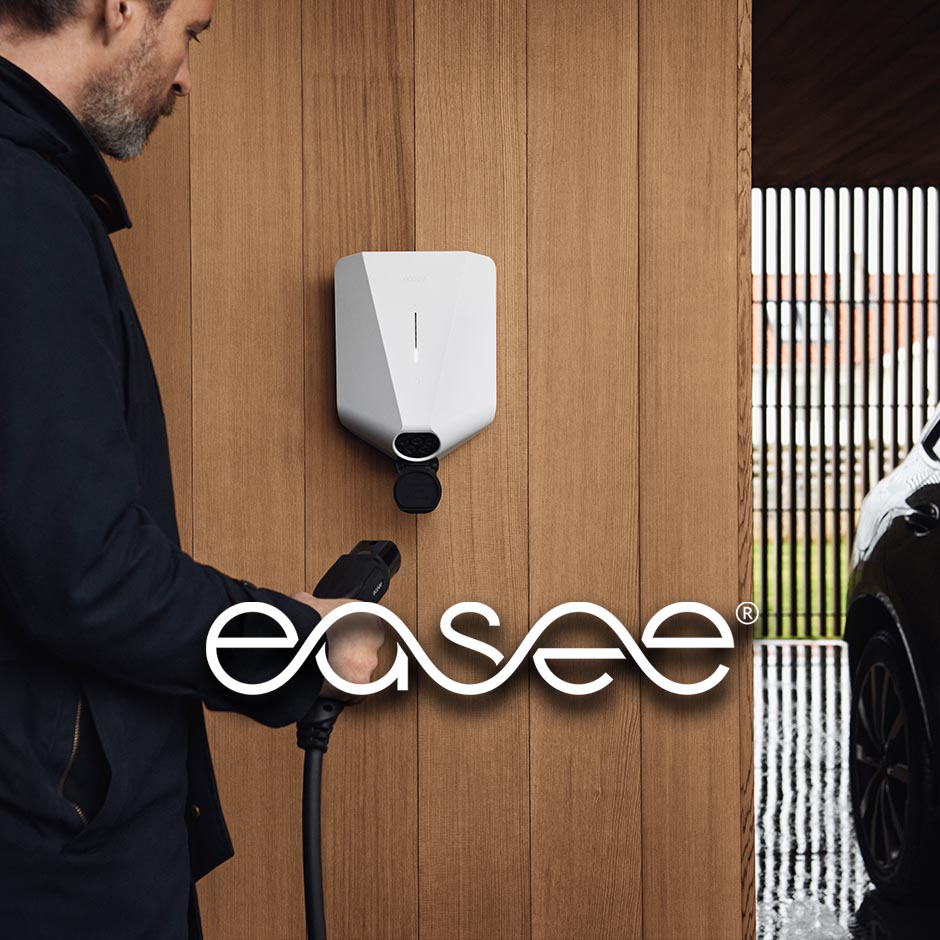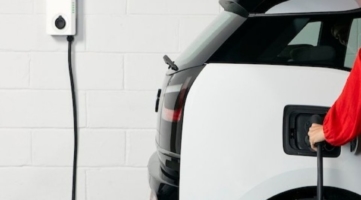New regulations in force for smarter EV charge points


New regulations to increase smart functions on electric vehicle charge points have just come into force to help balance out peak electricity demand.
The regulations will apply only to charge point units sold for domestic or commercial use after June 30th and aim to ensure that they have smart capability as well as the ability to send and receive information.


Some of the new rules were already required by the Office of Zero Emission Vehicles (OZEV) home and workplace charging schemes.
What’s new are the requirements for greater control of energy flow and charging times, with the regulations covering all new charge points, not just those financed by the OZEV schemes.
Every new charge point needs to have a data connection, with the ability to measure, record and transmit usage, both in minutes and energy units. Crucially, new charge points will be able to delay or decrease charging speed when grid demand is highest and manufacturers will also have to provide drivers with an app or similar user interface to set parameters.
The important point in all this is that drivers of electric vehicles will remain in control of charging and have the final say about how and when they charge their electric vehicles. Charge point manufacturers have been working closely with government to ensure all new units are compliant.


Electric driving nation
Why the new changes? It’s the government’s response to rapid growth of the electric driving nation. In 2015, only 1.1% of new vehicles registered had a plug, and this rose steadily to 3.2% in 2019 but by the end of December 2021, this had leapt to 18.6% (11.6% BEV and 7.0% PHEV).
By the end of this June, there were more than 910,000 plug-in cars with around 510,000 BEVs and 400,000 PHEVs registered. Last year saw the biggest annual increase in number of registrations, with more than 740,000 plug-in hybrid and battery-electric cars registered, showing a growth of 70% on 2020.
The increased demand for electricity naturally puts an added strain on the National Grid and an impact assessment by the Department for Transport published last July highlighted how smarter charging could provide many benefits for drivers and the energy network while helping to standardise functionality between manufacturers.
The National Grid forecasts if everyone switched to EVs, there would be a 10% increase in demand but new solar panel installations and more energy-efficient appliances helped to reduce peak demand by 16% between 2002 and 2020. But the new and ever-rising demands for EV charging power mean that smart management is needed.


Balancing peak demand
Under the regulations, new charge points will be pre-configured so they do not charge during the peak weekday hours of 8-11a.m. and 4-10p.m.
Importantly, users can choose to override deferred charging times and reduced charging outputs, even if these are remotely controlled, and can also set their own charging schedules to take advantage of cheaper overnight tariffs. Manufacturers are also required to provide a simple interface for drivers to change settings and delete personal data (stored by default for 12 months).
The new regulations have also been shaped by data from an 18-month domestic EV charging project conducted by Western Power Distribution, which identified a surge in demand at 10 p.m.as owners began using charge points immediately after peak hours.
To cope with this spike, all new units will randomly defer off-peak charging sessions by 10 minutes, while energy suppliers will be able to extend this to 30 minutes if demand is high. Drivers can override these delays if they choose to, while smart charge points that are configured to respond automatically to grid demand do not need to have this feature enabled.
The smart charge points will ensure electricity supplier interoperability, allowing the unit to retain smart functionality even if the owner switches their electricity supplier. They will also continue charging even be connection to a communications network is dropped.


The regulations do not apply to private charge points which are:
- Sold before 30 June 2022
- Sold by individuals outside of the purposes of their trade, business, craft or profession (for example, second-hand sales made between private individuals)
- Sold in Northern Ireland
- Not intended for use within Great Britain at any time
- Non-smart cables or rapid charge points
- Intended for use as public charge points
More secure
The Electric Vehicles (Smart Charge Points) Regulations 2021 also requires new security and privacy functions from December 30th this year. All data sent and received by the charge point will have to be encrypted, with protections for safety-critical functions and user notifications in the event of a cyberattack.




